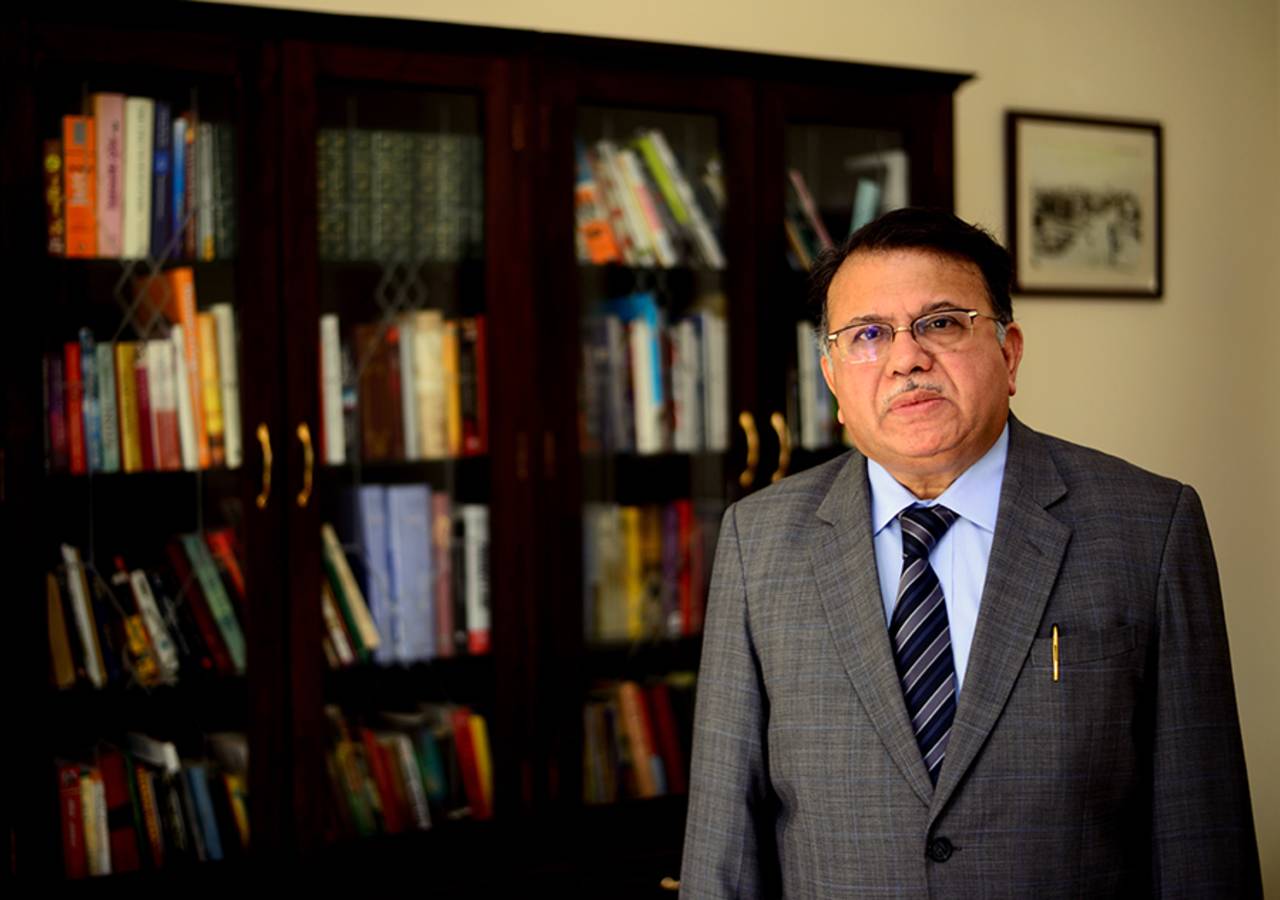No straitjacket definition of conflict of interest - Shah
Justice AP Shah, who was recently appointed ombudsman by the BCCI to deal with conflict-of-interest cases in the board, has said that an issue like conflict of interest must be understood within the context of the organization and it does not have a "stra
Raunak Kapoor
11-Nov-2015

Justice AP Shah: "Used in the right way, an ombudsman can help a large organisation like BCCI preempt many of the problems it faces today." • Hindustan Times
Justice Ajit Prakash Shah, who was recently appointed ombudsman by the BCCI to look into matters of conflict of interest in the board, has said that an issue like conflict of interest "cannot have a straitjacket definition" and, in the case of the BCCI, must be understood in the context of the organisation. Shah said that the BCCI seems to have acknowledged that it faces "structural problems" and saw his appointment as an opportunity to support the reforms.
"Generally, conflict of interest is a situation where someone has multiple interests, which could potentially clash with each other, and which could possibly affect how you operate in specific circumstances," Shah told ESPNcricinfo. "However, the context will change the colour of the definition. You cannot have a straitjacket definition for all circumstances.
"BCCI's challenges as a large sports organisation are unique, and conflict of interest must be understood in its unique context. This is not an answer that is easy or which can be obtained immediately."
Shah's appointment as the BCCI's first-ever ombudsman is part of president Shashank Manohar's reformatory agenda to have an independent authority look into problems relating to conflicts of interest among the BCCI's administrators and employees, as well as current and former players on its payroll.
"In a large sports body like the BCCI, there are several challenges of management and organisation," Shah said. "The BCCI itself seems to have acknowledged that it has structural problems. My role is to help them to avoid such issues in the future. Reforms are being introduced, and the Supreme Court has also intervened. This is a welcome step. The appointment is an opportunity for me to support the reforms."
Shah also highlighted that the effectiveness of the ombudsman will depend on how an organisation uses the role. He suggested that using an ombudsman in the right way could help the BCCI preempt many of the issues it faces today.
"The idea of having an ombudsman to address complaints in an organisation is not new," he said. "Ombudsmen already exist for various sectors, in both government and the private sector. In India, for instance, you have ombudsmen for the banking and insurance sectors.
"How an organisaton is likely to benefit depends on how they use the ombudsman, what kind of complaints the ombudsman receives, and what actions that ombudsman can take. Used in the right way, an ombudsman can help a large organisation like the BCCI preempt many of the problems it faces today."
Shah, a former Chief Justice of the Delhi High Court, admitted that he is a keen follower of the game and his decision to accept the BCCI's appointment stemmed from his desire to contribute towards maintaining "the purity of the game".
"I am a keen follower of the game, but not an expert. I try not to miss a single one-day international, and even watch Tests if I get the time," he said. "I accepted the appointment because I thought this was one way in which I could contribute to maintain the purity of the game."
Raunak Kapoor is a presenter at ESPNcricinfo. He tweets @RaunakRK